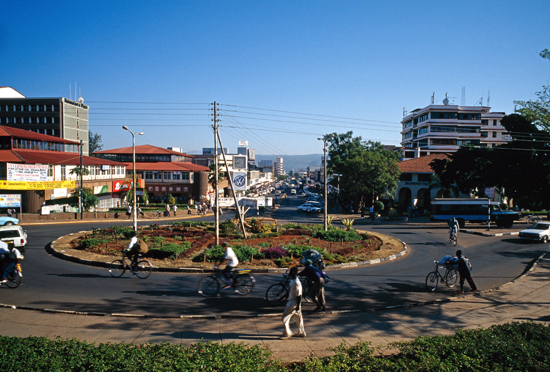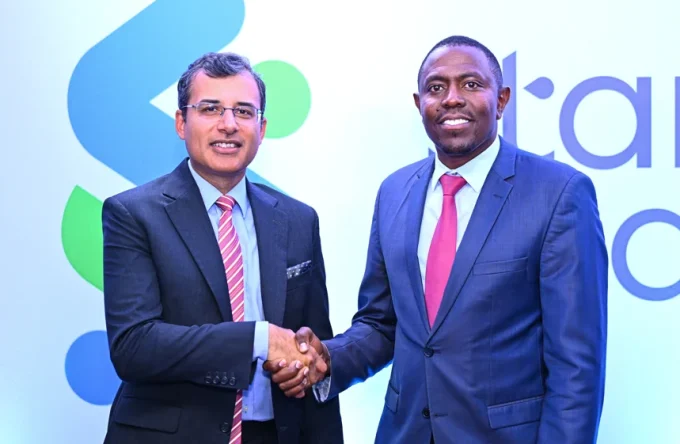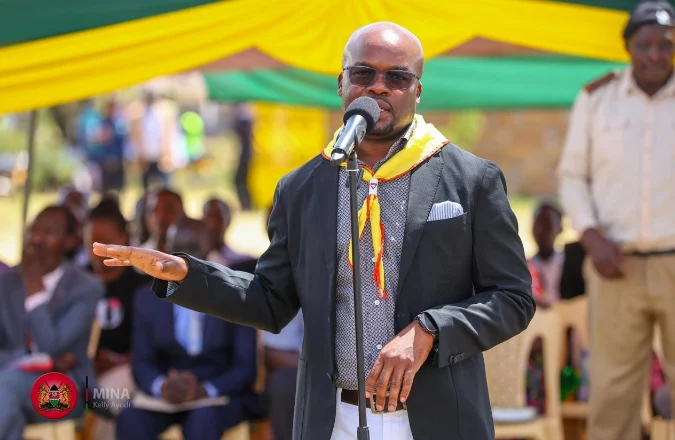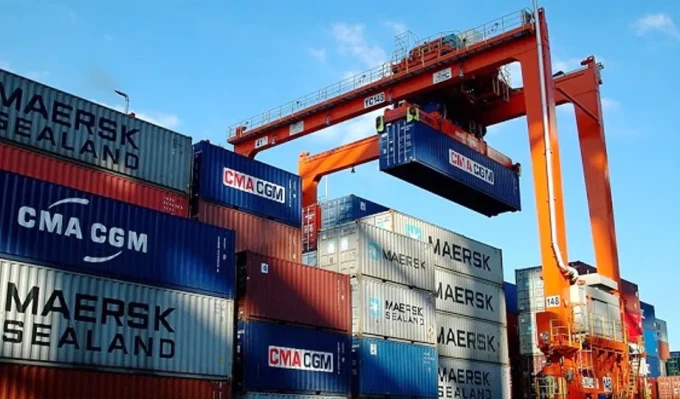Liquid Telecom Kenya and Kisumu County government have launched an initiative to position Kisumu city as Kenya’s first “Smart City” in the next two years, from the platform of a new KSh54m state-of-the-art metro network that will increase Internet speeds in the lakeside city tenfold.
The 12.4km metro network will cover Kisumu Central Business District, Milimani, Kondele up to Kibos, Kicomi and Migosi Junction. It will be the first step towards transforming Kisumu in to a Smart City, as part of an initiative developed under the sponsorship of the Rockefeller Foundation in Italy last month.
Smart Cities integrate multiple ICT systems to manage a city’s assets, including county government information systems, schools, libraries, transport systems, hospitals, power plants, water supply networks and waste management. Some of the best known Smart City examples are Vienna, Toronto, Stockholm, Paris, New York, London, Tokyo, Berlin, Copenhagen, Hong Kong, Barcelona and Dubai.
Successful initiatives include IBM helping New York prevent fires as well as identify questionable tax refund claims, which is expected to save the city about $100m over five years. “We recognize that technology is a critical enabler that will help make our vision for Kisumu a reality,” said H.E. Jackton Ranguma, the Governor of Kisumu during the _’Transforming Kisumu: Enabling Technologies for Smart Cities and Resilient Economies__’_ workshop at the Rockefeller Foundation’s Bellagio Center, Italy in July 2016.
The Transform Kisumu agenda brought together a group of 19 leading thinkers from around the world to coordinate a number of existing development plans for the city within a grander over-arching county-wide vision that strategically situates its development initiatives within the wider needs of the county.
[crp]
The governor’s vision for the county is to build a strong, resilient economy that creates jobs, and delivers efficient basic services, whilst honouring environmental responsibilities and achieving sustainable development and inclusive economic growth.
In 2006, the United Nations declared Kisumu the first UN Millennium City in the world, partly because a number of ambitious development strategies were in place, and also because of its considerable economic potential as well as its status as an emerging urban hub in the region.
The “Integrated Strategic Urban Development [ISUD] Plan, (2013-2030)” has already identified the Lakefront Area as a key asset for the city and proposed its development as an extension of the Central Business District (CBD). It is now positioned to become a preferred tourist destination locally and internationally as part of the Lake Region Economic Blueprint (LREB), in partnership with 12 neighbouring counties, creating more jobs.
The county government has been considering ways to build adaptive ecosystems that will support the growth of resilient economies and encourage smart livelihoods options.
The new metro networkfrom Liquid Telecom Kenya is expected to create an enabling environment towards this transformation to a Smart City, with support from the Rockefeller Foundation.
According to the World Bank, for developing countries, a 10 per cent increase in broadband penetration leads to a 1.38 per cent in GDP. “Technology is opening ways to save costs, lives and losses, as well as enhancing opportunities, markets and education, and a fast and reliable. Internet connection is essential as a first foundation in developing all of these opportunities, ” said Mr. Ben Roberts, CEO of Liquid Telecom Kenya.
As well as residential and business areas, the move will benefit colleges and polytechnics such as the University of Nairobi, Maseno University, the Catholic University of East Africa, Kenya Institute of Management and Kisumu Polytechnic, as well as hospitals such as Aga Khan, Milimani Hospital and Marie Stopes. It will also benefit Kisumu International Airport and hotels in the area.



















































![Pula Co-Founders and Co-CEOs, Rose Goslinga & Thomas Njeru. Pula provides agricultural insurance and digital products to help smallholder farmers manage climate risks, improve farming practices and increase their incomes. [ Photo / Courtesy ]](https://businesstoday.co.ke/wp-content/uploads/2021/01/Pula-Co-Founders-and-Co-CEOs-Thomas-Njeru-Rose-Goslinga.jpg)




























































Leave a comment